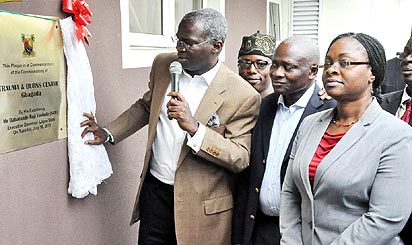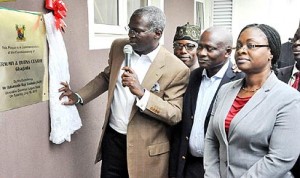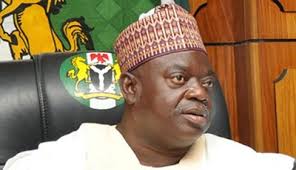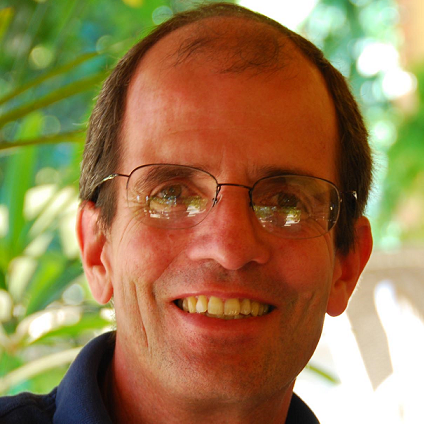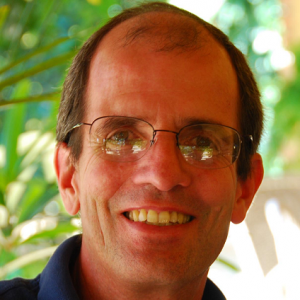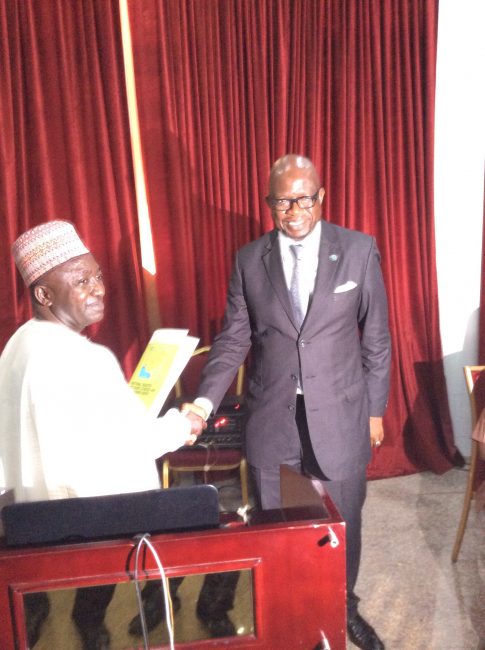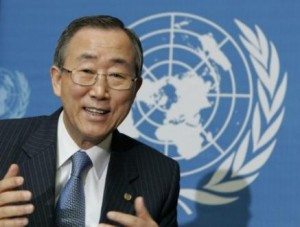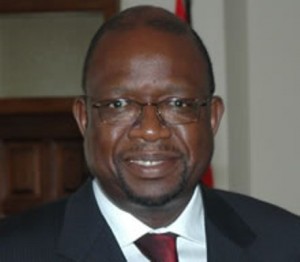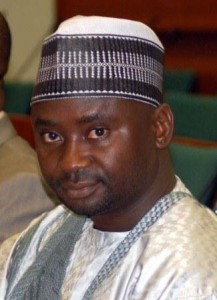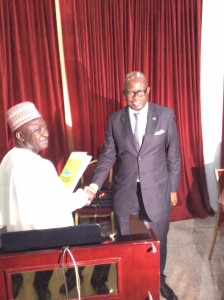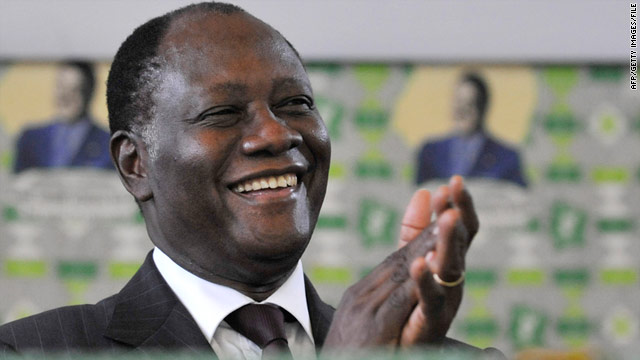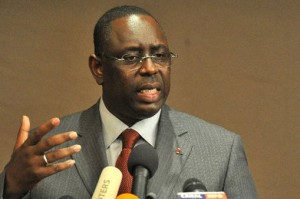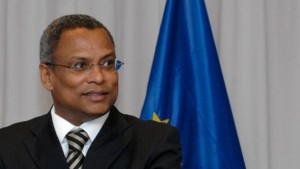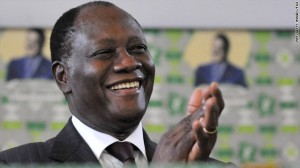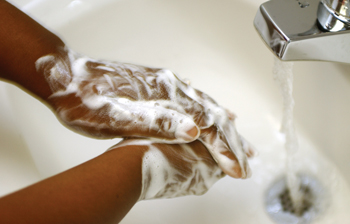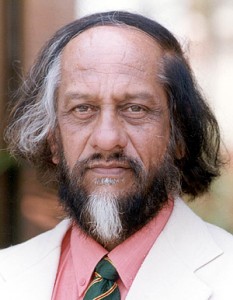The final round of formal negotiations before the UN climate convention conference in Lima, Peru takes place next week in the German city of Bonn.
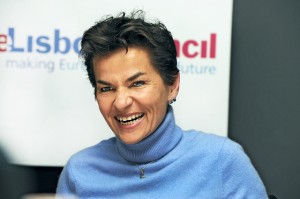
The ‘October session’, running from 20 to 25 October, will give governments the important opportunity to further develop a cohesive text of a new draft climate agreement. The elements must be clear by the Climate Change Conference to be held in Lima, Peru, in December this year. This clarity will serve as the foundation for the construction of the negotiating text.
During 2015 this draft will form the basis for negotiating a new universal climate agreement set to be inked in Paris, France at the end of the year.
As part of this, governments will work towards getting clarity on what each country will contribute towards the agreement in line with its national circumstances, especially in terms of emission reductions. Governments had previously agreed to keep global temperature increases below 2C.
Countries are set to put forward what they intend to contribute to the 2015 agreement in the form of Intended Nationally Determined Contributions (INDCs) early next year.
The ‘what’ and the ‘how’ of the contributions, in other words the form, not the content, needs to be formally agreed in Lima to ensure that countries can provide this crucial information with confidence early next year.
Next week’s meeting, being held at the headquarters of the UN Framework Convention on Climate Change (UNFCCC), will also engage Parties on two special themes.
These are carbon capture, storage and use, and the so called non-CO2 gases like methane and hydroflurocarbons (HFCs) – replacement gases in products like refrigerants that are friendly to the ozone layer but are powerful global warming gases.
The two topics will bring government experts into direct dialogue with experts from United Nations agencies, NGOs and the private sector.
They form part of a series of Technical Experts Meetings (TEMs) that have been held throughout 2014 which have previously covered policies able to raise ambition in fields from renewable energy and energy efficiency to urban and land use issues.
The aim of the TEMs process, part of the Ad Hoc Working Group on the Durban Platform for Enhanced Action (ADP), is to assist nations in their efforts to raise ambition up to 2020 when the new agreement is set to enter into effect. They have done this by fostering on-going engagement of governments, experts and actors in the implementation of government policies and they therefore have the potential to carry the growing momentum for climate action forward in a concrete, action-oriented manner.
The TEMs fall squarely within the growing momentum for climate action as was witnessed at the recently concluded Summit on Climate Change by UN Secretary-General Ban Ki-moon.
, said: “I welcome Parties to Bonn next week knowing that further progress towards a draft agreement will contribute to making Lima the success it needs to be.”
“2014 has been an extraordinary year of momentum by governments supported by climate action from cities and communities to corporations and the finance sector – our meeting next week will I am sure concretely carry forward that sense of optimism, dynamism and determination as we look forward to COP 20 in Peru in one month’s time,” she added.
The Ad Hoc Working Group on the Durban Platform for Enhanced Action (ADP) will hold the sixth part of its second session from 20-25 October 2014 in Bonn, Germany.


